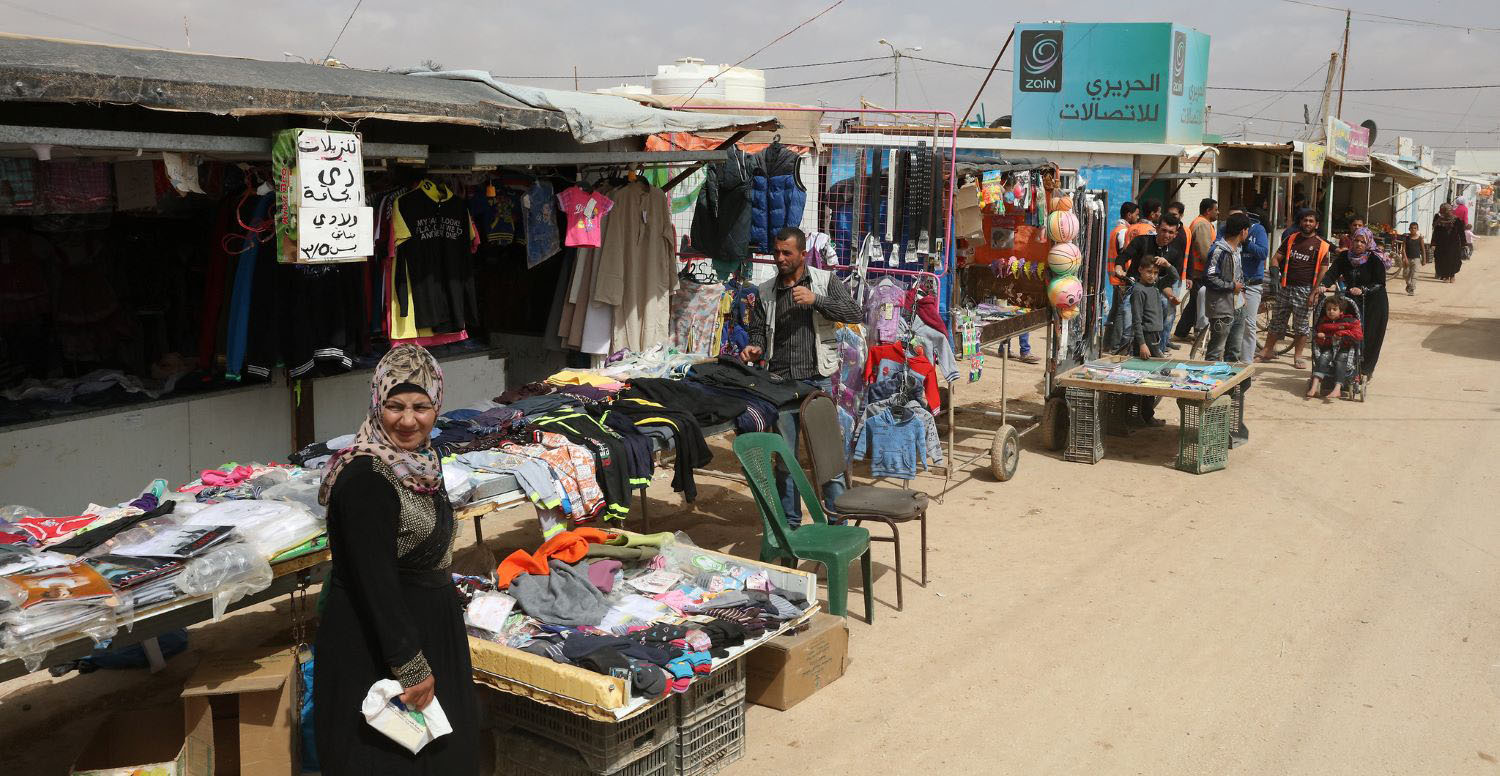 US immigration reform remains a hot topic, one in which there is often more heat than light, as Michael Clemens and Marla Spivack show in their recent blog post, Immigration Reform is Economic Policy: How About Some Economic Evidence? In this Wonkcast from April 2013, Michael offers the sort of compelling evidence that can help to shape the debate, drawing on a still highly relevant CGD brief he co-authored with Lant Pritchett.
US immigration reform remains a hot topic, one in which there is often more heat than light, as Michael Clemens and Marla Spivack show in their recent blog post, Immigration Reform is Economic Policy: How About Some Economic Evidence? In this Wonkcast from April 2013, Michael offers the sort of compelling evidence that can help to shape the debate, drawing on a still highly relevant CGD brief he co-authored with Lant Pritchett.
Last week, a bipartisan group of US senators known as the Gang of Eight introduced comprehensive immigration reform bill that includes a provision for increased temporary, low-skill work visas. CGD senior fellow Michael Clemens, a leading expert in migration, labor mobility, and development, has welcomed the proposal as good for development.
He and Lant Pritchett argue in a new CGD brief that the visas are a four-way win: for the US middleclass, US low-skill workers, border security, and for the migrant workers themselves. But he adds that
the proposed increase is too modest to address the huge, un-met demand for low-skill workers in the United States.
“I would call [The W Visa program] a modest program,” Michael says. “This is an incredible opportunity for people outside the country to benefit from the US labor market, and an incredible opportunity for the American economy to benefit from low skill labor, as it always has.”
Increasing the number of temporary work visas during a time of continued high unemployment is politically difficult. Why, some Americans ask, should we let more people cross US borders to find employment when so many US citizens can’t find jobs?
The answer, Michael says, is simpler than you may imagine. And he has the numbers to prove it.
“The US economy will need a lot of low-skill workers over the next decade,” Michael explains.
Even if all 1.7 million Americans who are expected to enter the labor force by 2020 took up low-skill jobs, he says, that still would be insufficient to meet the anticipated demand for just one subset of low-skilled work: home-based care, which is expected to require 1.9 million new workers during the same period.
“So there are only two options,” Michael says. “The jobs are not going to get done, or people from other countries will do them. The economy massively needs low-skill labor --make no mistake about it.”
Adding more authorized, low-skill immigrants to the US economy would bring many other concrete benefits to US citizens as well, Michael explains. Unfortunately, many of these benefits are not easily seen.
“The migrants that come here to work are also consumers, and they buy things,” Michael explains. “Migrants also help keep entire industries alive. Certain subsectors of agriculture would not be viable without migrant labor picking them.”
Some people argue that such workers are being exploited. Michael says this should be considered in light of the alternatives available if they had stayed in their home countries.
His research (see here and here ) shows that low-skill migrants who come to the US to work multiply their earnings by ten times or more when they cross the border to perform work such as picking crops, cleaning houses, or helping to care for children or elderly people in their homes.
“In many US states, minimum wage is $9.70 an hour. The minimum wage in Mexico is .57 an hour,” Michael says. “That’s the kind of economic opportunity we’re talking about. We’re talking about a life changing re-valuation of the labor of hard-working people.”
To learn more about many benefits of increasing the number of legal, temporary workers in the United States, read the brief. To understand more about the intersection of immigration reform politics and CGD’s work, see Beth Schwanke’s recent blog posts (here and here). Or just dive in and listen to the Wonkcast.
My thanks to Alex Gordon for editing the Wonkcast and providing a draft of this blog post.
CGD blog posts reflect the views of the authors, drawing on prior research and experience in their areas of expertise.
CGD is a nonpartisan, independent organization and does not take institutional positions.


 US immigration reform remains a hot topic, one in which there is often more heat than light, as Michael Clemens and Marla Spivack show in their recent blog post,
US immigration reform remains a hot topic, one in which there is often more heat than light, as Michael Clemens and Marla Spivack show in their recent blog post, 


